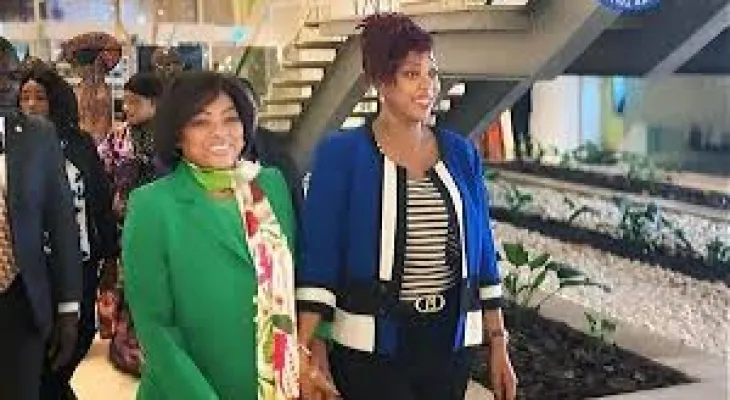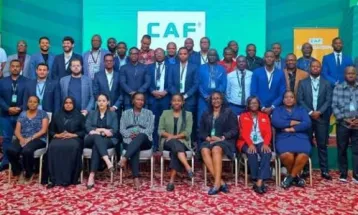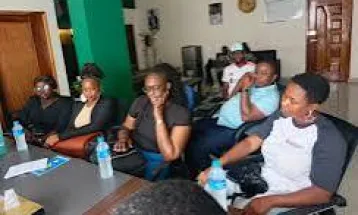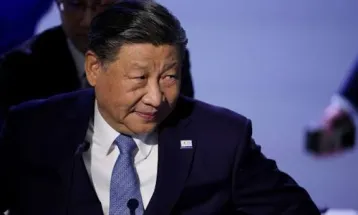
First Lady Fatima Bio Advocates for Stronger Gender Equality Laws at WeAreEqual Campaign in Angola
The First Lady of Sierra Leone, Fatima Bio, has made a powerful appeal for the African continent to reinforce gender equality laws during her speech at the WeAreEqual Campaign in Angola. Speaking under the theme "Education for Gender Equality and the Fight Against Child and Youth Violence," she stressed the urgency of adopting comprehensive approaches to empower African women and ensure they have full control over their bodies, free from societal and cultural restrictions.
"Our bodies should no longer be defined, limited, or violated just because men or society can," she declared, challenging harmful norms and calling for legislative reforms across Africa.
Fatima Bio also emphasized the critical need for African countries to address gender-based violence and promote gender equality with unwavering dedication. She praised the hospitality of Angola's First Lady, Ana Afonso Dias Lourenço, and highlighted the importance of collective African leadership in tackling the issues affecting girls and young women across the continent.
Looking ahead to 2050, when Africa is projected to have the world’s youngest and largest workforce, she pointed out that the majority of this demographic will be girls and young women. This, she said, is both a challenge and an unprecedented opportunity for the continent's future.
“The future of African girls and women is in our hands,” she stated, urging African leaders to take bold action. She called for concerted efforts to advance human capital development, strengthen gender equality laws, and dismantle the cultural and structural barriers that hinder the progress of women and girls. She stressed that these actions are not optional but essential for national progress and human rights.
Additionally, Fatima Bio highlighted the importance of sexual and reproductive health rights as crucial to achieving gender equality. She advocated for increased access to education, particularly in STEM fields, for girls and young women, and called for stronger public awareness campaigns to inform women and girls about the resources and services available to them, especially in the realm of sexual and reproductive health.
Concluding her speech, she appealed for unity and collective action among African leaders, declaring, “Together, we can change the future of hundreds of millions of girls on our continent. It is Africans who will have to change our own destiny.” Fatima Bio’s address serves as a rallying cry for Africa to take charge of its future by empowering its women and youth, ensuring their full contribution to the continent’s development and prosperity.




















